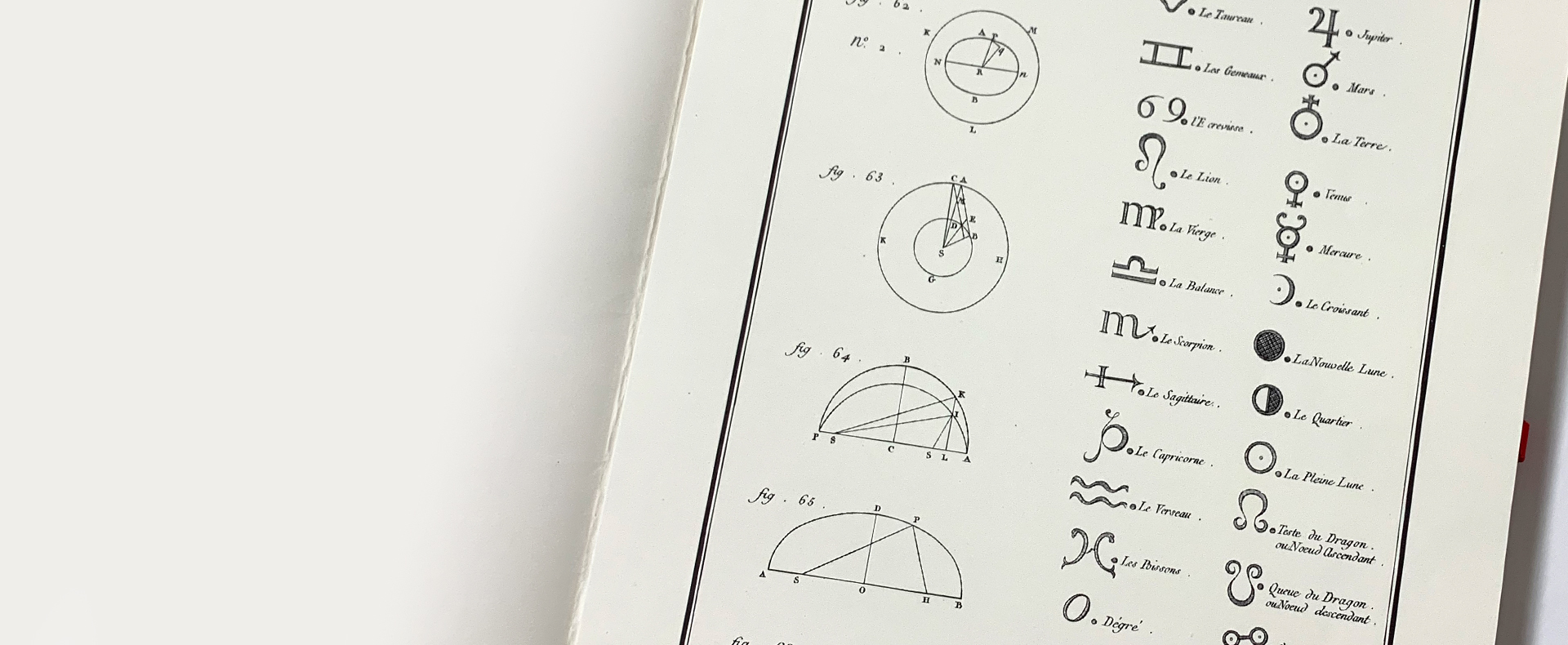
Postdoctoral Position in History of Atomism

Start date: flexible, ideally no later than November/December 2024
Duration: 1 year (renewable to up to 3 years)
Scholarship; under request, the candidates can teach and/or support Dr. Piergiacomi’s courses in the history of philosophy of science.
Deadline: July 24.
Applications are invited for one (1) full-time postdoctoral position at the Humanities & Arts department at Technion, Israel Institute of Technology (Haifa, Israel). The successful candidate will join the research laboratory directed by Dr. Enrico Piergiacomi and conduct independent and collaborative research under the project Digital Atomism: Democritus and the Democritean Tradition.
The goal of the project is to conduct cutting-edge research on the earliest phase of atomism, namely Leucippus, Democritus, and the Democriteans (including but not limited to key figures like Anaxarchus, Metrodorus of Chios, and Nausiphanes), as well as in its subsequent reception. These thinkers not only laid the groundwork for the atomistic theories of Epicurus and Lucretius, but also served as a source of inspiration for corpuscular theories espoused by influential figures such as Francis Bacon, Galileo Galilei, and Pierre Gassendi. Their ideas also exerted a pervasive influence on various seemingly disparate intellectual strands, including scepticism (exemplified by Pyrrho and Sextus Empiricus), alchemy, libertinism, and even Marxism.
Additionally, the project seeks to create a digital platform that will host a new collection of evidence on the ancient atomists and edit/translate texts of the Renaissance/early modern period that were directly influenced by these thinkers. An example is Giovanni Magneno’s Democritus reviviscens sive de atomis (Paris 1646). A list of desirable texts to be studied can be provided in advance.
The research focus is open, insofar as it is established a clear connection between ancient atomism and the candidate’s area(s) of interest. Broadly conceived, the successful candidates will foster interdisciplinary collaborations that link the humanities to science and technology. Preferences will be given to scholars who have a good command of Greek and Latin, as well as who can work on both the ancient period and the Renaissance/early modern period.
The applicant is required to have a PhD in philosophy or classics, close to completion or awarded no later than 5 years ago. The ability and desire to conduct independent research are essential, and a publication record in a pertinent field is highly desirable.
Stipend: $30,000 per year.
The application (in English) should include:
• CV, including a list of publications;
• One writing sample;
• A research proposal (2-3 pages, bibliography excluded);
• Names and contact details of two/three expert referees (actual letters will be requested only from shortlisted candidates).
Please send applications by July 24 to Enrico Piergiacomi (enrico.p@technion.ac.il) with CC to Anat Glass (anatg@technion.ac). Shortlisted candidates will be invited for an interview near the end of July and the beginning of August. Their referees will be requested to submit the recommendations by that time.
Candidates who are not selected for a full-time position might be invited to visit the Technion for 2 to 12 months. Informal inquiries can be sent directly to enrico.p@technion.ac.il.